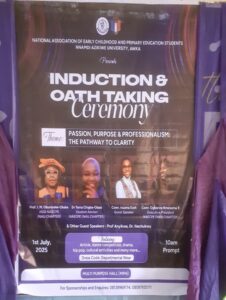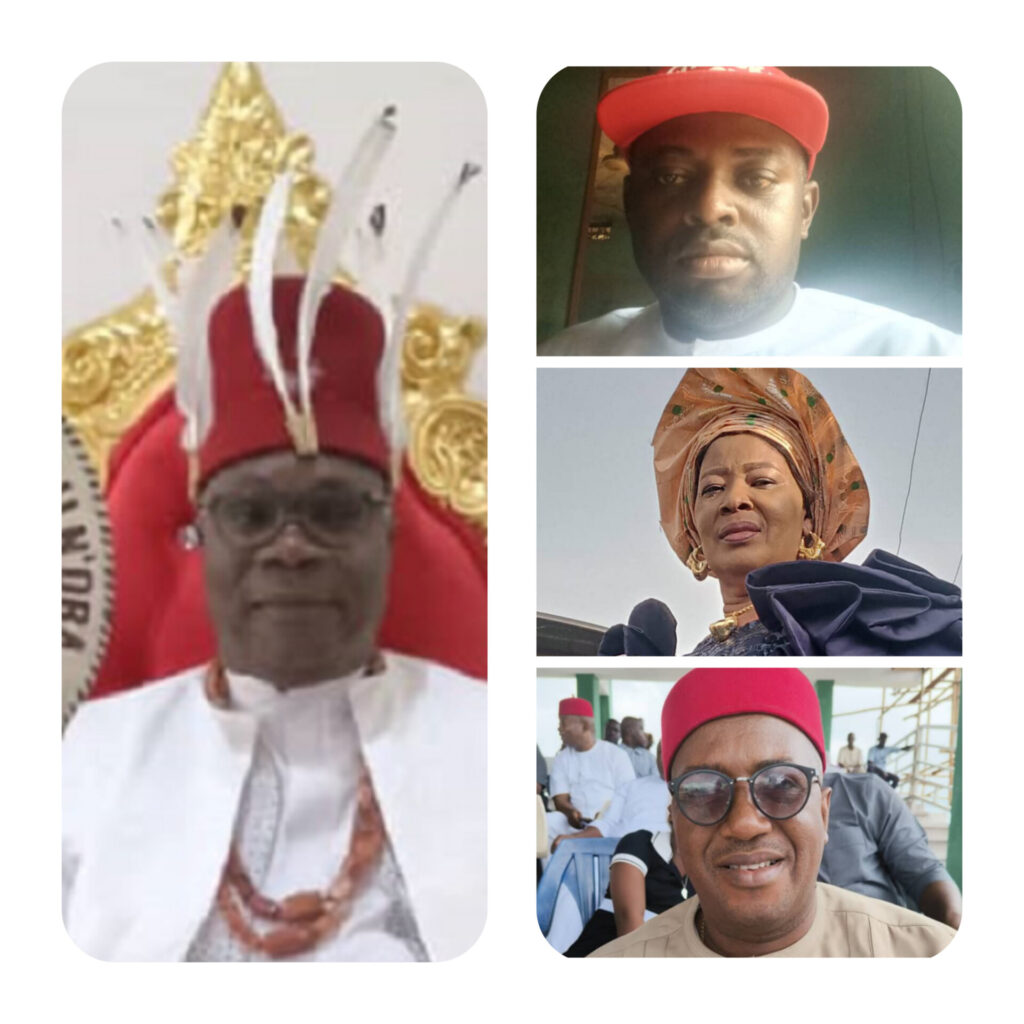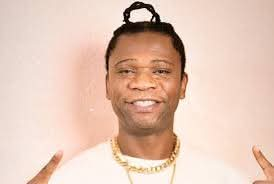Anti-zoning Aspirants: Swimming Against The Tide

For long, there have been arguments as to whether or not there was any time some Enugu people sat down and drew up agreement on how the governorship position in Enugu State is to be rotated among the various components that make up the state.
While some Doubting Thomases argue that no such agreement exists, one person that was so much concerned about the orderly sharing of governorship position in Enugu State was the father of Enugu State itself, the irrepressible Chief Christian Chukwuma Onoh.
When Enugu State was created on August 27, 1991, Onoh, while expressing happiness that his life-long desire, which was the creation of Enugu or Wawa State, had been achieved, unequivocally stated that no person from the old Enugu zone, which then comprized Udi, Ezeagu, Nkanu, Awgu and Oji River, should aspire to be governor of the new state, because according to him, they had had their fair share in the old Anambra State. (Both Chief Onoh and Chief Jim Nwobodo, from Enugu Zone, were governors in the old Anambra State).
Onoh believed that in order to give everybody in the new state a sense of belonging, it would be better that the next governor should come from Nsukka Zone, then Abakaliki Zone, before it gets to Enugu Zone. He was vocal about it, and his position was endorsed by other big time Enugu State indigenes at the time, like Professor Godwin Odenigwe, Justices Anthony Aniagolu, Nnaemeka Agu, etc.
That was why, during the ill-fated Third Republic, Onoh and many other prominent Enugu State indigenes, supported the governorship candidature of Chief Joe Nwodo from Ukehe, in Nsukka zone, against Rev. Hyde Onuaguluchi, from Oji River, in Enugu zone, both of the then National Republican Convention (NRC). They also did not support the candidature of Chief Paulinus Nwite, from Abakaliki Zone.
When both Joe Nwodo and Hyde Onuaguluchi were banned from contesting the governorship election by the National Electoral Commission, Joe Nwodo quickly brought his younger brother, Okwesilieze Nwodo, to take over from him, while Hyde Onuaguluchi told his supporters to vote for Gbazueagu Nweke Gbazueagu, also from Oji River.
Those who supported Joe Nwodo, including Onoh, immediately switched alliance to Okwesilieze Nwodo. In the end, Okwesilieze Nwodo defeated Gbazueagu Nweke Gbazueagu.
When Abakaliki Zone left to form part of the newly created Ebonyi State, what remained of Enugu State was divided into three zones. They are Enugu East, Enugu West and Enugu North Senatorial zones.
In the governorship contest for the Fourth Republic, in the Peoples Democratic Party (PDP), where most prominent politicians in the state had pitched their tent, two aspirants were outstanding – Chimaroke Nnamani from Enugu East, and Nduka Agu from Enugu West. Chimaroke Nnamani defeated Nduka Agu to clinch the PDP ticket, and he went further to defeat Gbazueagu Nweke Gbazueagu, from Enugu West, who was flying the flag of the All Peoples Party (APP).
In 2003, when Chimaroke Nnamani sought to contest his second term in office, other governorship aspirants came out to challenge him. These were Ugochukwu Agballa (Enugu West), who flew the flag of All Progressives Grand Alliance (APGA); Fidel Ayogu (Enugu North), of the All Nigeria Peoples Party (ANPP); and Okey Ezea (Enugu North), of the Labour Party (LP). These three challengers were floored by Chimaroke Nnamani during the main governorship election.
In 2007, Chimaroke Nnamani was determined to hand over the baton to a candidate from Enugu West, in the person of Sullivan Chime, but some other governorship aspirants both from Enugu North and Enugu West, came out to challenge it.
First, Chimaroke Nnamani’s deputy, Okechukwu Itanyi, from Enugu North, struggled for the PDP ticket against Sullivan Chime, the annointed candidate of Nnamani, but he did not succeed. Then, in the main gubernatorial election, Ugochukwu Agballa (Enugu West), and Okey Ezea (Enugu North), also challenged Sullivan Chime, but they also lost.
In 2011, Okey Ezea (Enugu North) equally sought to stop Sullivan Chime from doing his second tenure. He contested the governorship election, and again failed.
When Sullivan Chime was about to complete his second tenure, he decided that the governorship position should go to Enugu North (Anyi Ejewe Nsukka), and he chose Ifeanyi Ugwuanyi as his successor. However, Anayo Onwuegbu (Enugu West), Chinedu Onu (Enugu North) and Ayogu Eze (Enugu North), felt that they could break the barrier, and came out to challenge Ifeanyi Ugwuanyi.
Later on, in the case of Anayo Onwuegbu and Chinedu Onu, wise counsel prevailed, and they both withdrew from the race, but Ayogu Eze persisted and refused to step down. He fought tooth and nail, but was roundly defeated by Ifeanyi Ugwuanyi. Ugwuanyi did not have any strong opposition in the quest for his second tenure.
From the above presentation, we saw that all the governorship aspirants, since Enugu State was created, who chose to swim against the tide, who defied the orderly power sharing arrangement, as enunciated by the founding fathers of the state, never had it so easy. They all lost in their quest.
Great Britain has no written Constitution. What they have is convention, which means, “an acceptable guideline by a society”, or a formula of how things are to be done. In Enugu State, whether there was a written agreement on zoning of governorship position or not, there has always been convention.
As far as we are concerned, convention is the collective will of people in a society, both living and dead, and it far surpasses any word scribbled on a piece of paper, whether you call it agreement or not. The founders of Enugu State had left us with a convention of how to go about choosing our governor without offending any section or group. We should therefore continue to latch on to that arrangement.
Dr. Dons Eze, KSJI






